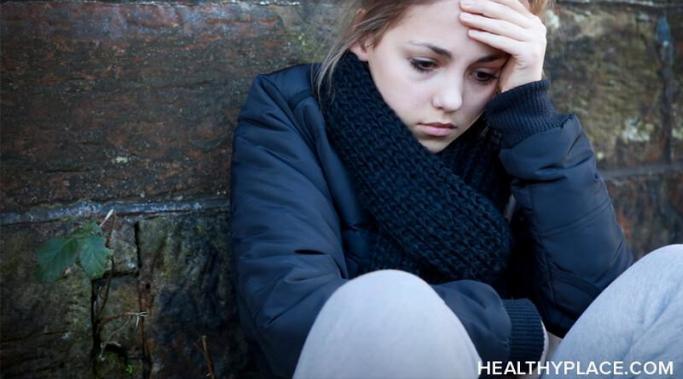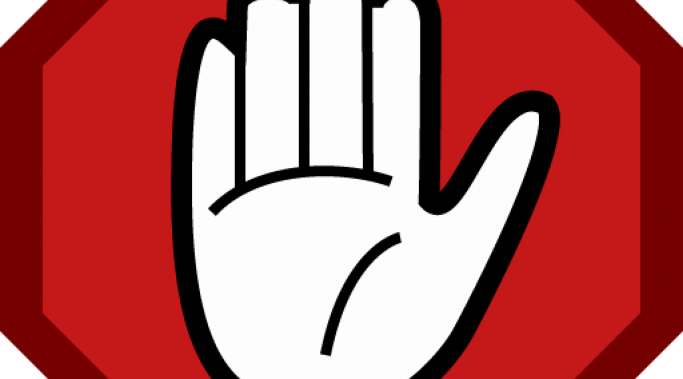Family-Based Maudsley Therapy Is Not a Do-It-Yourself Approach
There is a mistaken idea out there that Maudsley treatment for eating disorders is something parents can just decide to do without professional support. While I know families who do take on the re-feeding (weight restoration) responsibilities, I think it is important to keep in mind that this is only one part of the approach, and why it works well for so many families.
parenting - Eating Disorder Recovery
Recognizing When The Patient - Or the Team - Isn't In Control
Because I'm so big on getting parents to get engaged and be empowered to support an eating disorder patient to full recovery, it is hard to talk about the other side of this: letting go. But that is part of the picture, too.
Have you ever said "I'm worried about you" to your child only to have them respond with seemingly irrational anger? It hurts. After all, we worry about our kids from the moment we anticipate their arrival. We start saying "be careful" the moment they take breath. But can we expect our worry to help them feel cared for instead of insulted, belittled, and flawed? Probably not.
When your son or daughter has been diagnosed with anorexia or bulimia or another eating disorder your job description gets a lot longer: now you are a nurse, a researcher, a record-keeper, a team leader, a cheerleader, the chauffeur, and the sounding board for an illness your child probably doesn't believe exists. You are in charge of food, activities, and treatment prescriptions and all while you are on a steep learning curve you hadn't expected. (Read: Finding An Eating Disorder Treatment Specialist) This is a good time to "let things go."
I encourage parents to step up early and with urgency when a child has an eating disorder. Sometimes, for various reasons, this encouragement gets me into trouble.
I have tried to write another blog post, several times, but can't get anywhere. This happens when I'm trying to avoid something: I stumble over it anyway. There is no avoiding it: I went to a funeral this weekend of a young woman killed by anorexia and I'm sad and I'm mad and I'm sad again and I don't see how to think about anything else.
I'm an optimistic person and an activist by nature. I'd rather talk about what we, as parents, CAN do than what NOT to do. But sometimes doing less is not only best, it is lifesaving.
What happens when a clinician tells our child to do something we don't agree with? This is confusing for children, at times, and for us! The reality is that when we take our child to consult with a professional, we are engaging in co-parenting at some level. Another adult is telling our child what to do. But, at times, these instructions are in opposition to our guidance, and that great friend of eating disorders -- triangulation -- gets a boost.
I am a tap dance student, and last night was our yearly recital. As I stood in the wings, literally, reading a review copy for an upcoming book about anorexia, I was surrounded by dancers of all ages and shapes. As a job hazard, I watch the kids for signs of eating disorders. Since no one is eating on the stage - or face the wrath of Miss Linda - you may wonder what I'm looking for.
We've all heard of patients and parents of patients "Googling" an illness or treatment and arriving to appointments with print-outs and pointed questions. The problem is new, but not unexpected. New technologies and access often make people nervous. There was a time when women weren't allowed to read novels and locomotive trains were believed to cause internal damage because they traveled so fast. To be fair, the public is known to over-reach on new ideas as well: the Atkins Diet and pet rocks come to mind.








